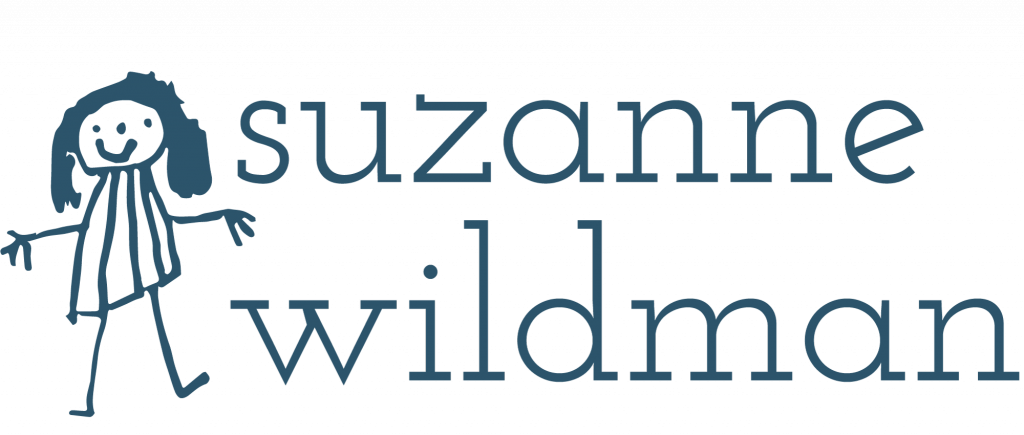 Emotional Intelligence: Why it can matter more than IQ by Daniel Goleman. New York: Bantam Books. 1995. 352pp. $23.95.
Emotional Intelligence: Why it can matter more than IQ by Daniel Goleman. New York: Bantam Books. 1995. 352pp. $23.95.
The prospect of investing money, time and energy educating our children is a given for most of us. We assess the very value of our homes, after all, according to the quality of the schools in our communities. Many of us are prepared to pay a high price to set our kids up for their best shot at a solid academic education. Moreover, an expanding market for extracurricular activities reflects our desire to expose our children to an array of stimulating activities and experiences.
Yet, according to Daniel Goleman, author of Emotional Intelligence, the investment we make in our children’s schooling contrasts sharply with the attention we pay to their emotional development. Preoccupied with the task of beefing up their academic resumes, we are inclined, says Goleman, to “leave the emotional education of our children to chance.”
A science writer covering the behavioral and brain sciences for The New York Times, Goleman received his Ph.D. at Harvard. A former senior editor at Psychology Today, he advocates an expanded definition of education that includes the cultivation of coping and adaptive skills to prepare our children for the life challenges that inevitably await them beyond the narrow confines of the classroom.
This skill set, referred to collectively as “Emotional Intelligence”, include self-awareness, impulse control, persistence, zeal and self-motivation, as well as the ability to listen empathetically, relate cooperatively and resolve conflict. At some gut level, Goleman contends, we all know that without these qualities, our children are ill-equipped to flourish in the world. Still, we remain culturally chained to the belief that strong academic performance in the pre-college years leads our kids to success and personal fulfillment via entry into prestigious universities, and, down the road, a coveted corner office at some Fortune 500 company.
Goleman uses a systematic review of research to dismantle the popular notion that there is a positive correlation between IQ scores or academic achievement and success in life, arguing in the process that our limited definition of success is erroneous, even crippling. Longitudinal studies of academically gifted children reveal that they fare no better on a variety of measures than their academically unexceptional counterparts. Anecdotally, most of us can name late bloomers who performed poorly in school but later found their niche in the world. Some of us are those late bloomers. On the other hand, certainly many of us have found, ten or more years beyond the school experience, that despite our A/B averages, we are still floundering or dissatisfied with the path we laid out for ourselves.
Ultimately, good grades do not, on their own, produce a well-adjusted, satisfied adult. So in the long run, finding a tutor for a child who has trouble with math may prove to be less important than the time we spend helping that child adapt to the feelings and problems that arise from such a difficulty.
As parents, we must work to expand our focus beyond the scope of tests, grade performance, and a full complement of extracurricular activities, and we need to advocate that our educational institutions do the same. Our kids need our help weathering the ebb and flow of life; they need our guidance as they confront the everyday problems and the periodic crises which test us, but which also give life its meaning. An ability to constructively confront and transcend a problem or challenge is the hallmark of a mature, thriving adult.
A non-scientist, I was impressed by Goleman’s ability to convincingly use the sciences–in a way both fascinating and accessible–to inform psychology and argue its implication for educational practice. As brain research evolves, startling discoveries reveal the interactive nature of behavior and physiology. Current studies suggest that our emotional responses actually condition our brain circuitry—our neurochemistry is influenced by our behavior, and vice versa. Yet, in this relationship, our brains are extremely malleable, especially so in early childhood. Thus, the emotional habits and experiences of childhood profoundly shape in an organic, physiological way, our behavioral inclinations or potential as adults.
As Goleman warns us, “deficiencies in emotional intelligence heighten a spectrum of risks, from depression to a life of violence to eating disorders and drug abuse”. It is thus imperative that we embrace a multi-faceted approach to personal development, one that acknowledges the essential role of this emotional component. The personal and social cost of failing to do so is tremendous.
